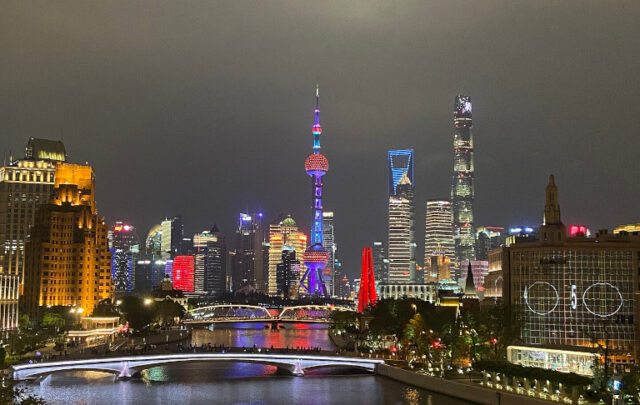Nations at the summit include Saudi Arabia, Kuwait, Iraq, the United Arab Emirates (UAE), Algeria, Egypt, Qatar, Libya, Oman, Syria, Yemen, Venezuela, Ecuador, Argentina and of course Brazil.
Between them, they currently pump around 27.26 million barrels per day (mbpd) of the world’s demand of 84 mbpd or around 32.5% of total production.
Other nations such as Sudan, Jordan and Bahrain also have an eye on the energy markets, be they in possible exploration, refining or shipping.
Dr Muhammed-Ali Zainy of the Centre For Global Energy Studies in London believes that: “Yes, Brazil in particular can play an important role in [oil] field development, especially somewhere like Iraq.
“They helped Iraq a lot in previous times. I do not think you are going to see any real concrete structures coming out of this meeting, but it could be a start of some extra political, economic and cultural bonds.”
Rising consumption
The hosts Brazil hold the second highest South American oil reserves at a stated 8 billion barrels (bnb). Large but far behind Opec member Venezuela’s enormous 77.3bnb. These in turn are dwarfed by Saudi Arabia, Iraq, Kuwait and the UAE who together claim a total of 565bnb. This despite Opec’s stated reserves currently being open to some serious questioning.
What is certain, however, is that Brazil’s consumption, along with many others, is rising.
The Urucu oilfield, of Petrobras in
Manaus northern Brazil
The Brazilian oil company Petrobras, part state-owned, hopes to increase production capacity to 2.3mbpd in 2010 from the current 1.8mbpd today.
Petrobas hopes this will mean the nation becomes self-sufficient in its oil needs.
Currently Brazil imports 30.9% of its daily oil needs from the Middle East and 63.7% from Africa.
But even if Brazil could make such significant production increases, how long they could maintain that level of production is debatable. Brazil’s stated reserves, though large, account for only about three months global supply.
What Brazil does possess, however, is significant technical expertise. It has been forced to search for oil in deepwater areas. As a result it has knowledge and infrastructure set up for deepwater drilling and can be a powerful force in the oil service industry.
Growing populations
“Brazil helped discover some of the great fields in the past in Iraq for example,” says Dr Zainy. “Along with Venezuela they can play an important role in oil field evaluations and at the same time they can win things like service contracts amongst some of the Arab nations. Of course, in return, they could be remunerated in oil.”
The Middle East and South America will see a total demand increase of 410,000bpd in 2005 according to figures from the International Energy Agency (IEA). Middle Eastern demand is expected to rise at 4.9%, Latin American by 2.4%.
Another energy-related problem for these nations is diversification, both of imports and exports. Venezuela has been looking long and hard for alternatives to simply supplying the United States with its demand for crude oil. Although there have been recent fluctuations in supply, Venezuela – the world’s fifth largest exporter – averages around 13% of the daily imports of the US.
Recently, however, they have been branching out, penning new deals with Spain and a new player in the global energy market, China.
A Chinese angle?
China has also figured prominently in South American oil infrastructure. It recently signed deals to build refinery projects in Venezuela and has made some possible exploration deals as well.
This could have prompted the recent news that Venezuela wants to sell two of its US-based refineries. It says they are unprofitable and amount to “a subsidy to the US economy”, according to President Hugo Chavez.
“China will definitely be oil dependent”
Dr Muhammed-Ali Zainy,
Centre For Global Energy Studies, London
“China will definitely be oil dependent,” said Dr Zainy. “It would be to its benefit to diversify its areas of supply and do not forget that Hugo Chavez would also like to diversify his markets and not be dependent on the USA.”
Brazil too also exports some of its very heavy deepwater crude oil to the Chinese, being less able to refine the sour product at home.
Opec nations too have been opening up new supply routes to the Chinese markets. So this summit may spur the participating nations into more deals and a greater possibility of energy related tie-ups in the future.
“While this [summit] is not going to affect powerful organisations like Opec,” said Dr Zainy: “It may help these nations to more co-ordinated policies, some extra deals and better political relationships. Those may bear fruit in the future.”





